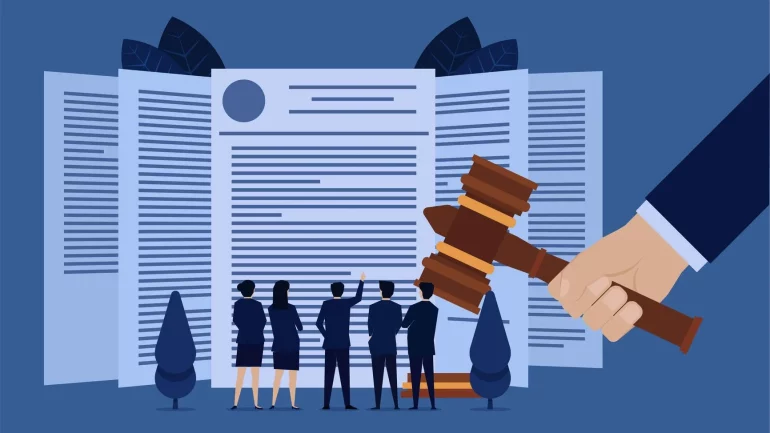- Supio, an AI-driven platform, has launched with a $25 million investment led by Sapphire Ventures.
- Co-founders Jerry Zhou and Kyle Lam have a background at Microsoft and Avalara.
- The platform automates collecting and analyzing vast amounts of legal data, specifically for personal injury and mass tort plaintiff law.
- Supio’s AI organizes, summarizes, and identifies critical files and details to prepare cases.
- The platform addresses the need for efficiency in managing complex legal data.
- The legal industry is increasingly adopting AI, with 35% of law firms already using such tools, according to a 2023 ABA survey.
Main AI News:
Supio is making waves in the AI legal tech industry, positioning itself as a transformative force in personal injury law. Co-founders Jerry Zhou and Kyle Lam have launched their AI-powered platform, backed by a $25 million investment led by Sapphire Ventures. Supio aims to revolutionize legal processes by automating the collection and analysis of vast amounts of legal data, a task traditionally known for being labor-intensive and time-consuming.
With a shared history at Microsoft and Avalara, Zhou, and Lam, it developed Supio to inject much-needed innovation into the legal field, particularly in handling large volumes of documents. Supio’s AI doesn’t just organize and summarize information; it also identifies essential files and specific details that can be pivotal in case preparation. This makes it an ideal tool for personal injury and mass tort plaintiff law, areas that require meticulous analysis of extensive documentation from multiple sources.
After engaging with numerous legal professionals nationwide, Zhou and Lam identified a critical gap in the market for advanced tools capable of efficiently managing complex legal data. Supio addresses this challenge by providing legal teams with an AI solution that swiftly navigates large data sets, uncovering vital connections and insights that might otherwise remain hidden.
According to a 2023 American Bar Association survey, 35% of law firms are already using AI tools, and the legal industry is increasingly adopting AI. As such, Supio is poised to establish itself as a key player. The platform is set to redefine how legal cases are constructed and presented, offering unparalleled efficiency and accuracy in a field ripe for technological advancement.
Conclusion:
Supio’s entry into the AI legal tech market signals a significant shift in how legal services are delivered, particularly in personal injury law. As law firms face increasing pressure to handle large volumes of data more efficiently, platforms like Supio offer a competitive edge by automating time-consuming processes and enhancing accuracy. This trend towards AI adoption will likely accelerate, pushing more firms to integrate similar technologies, ultimately reshaping the legal industry and driving further innovation in legal practices.

